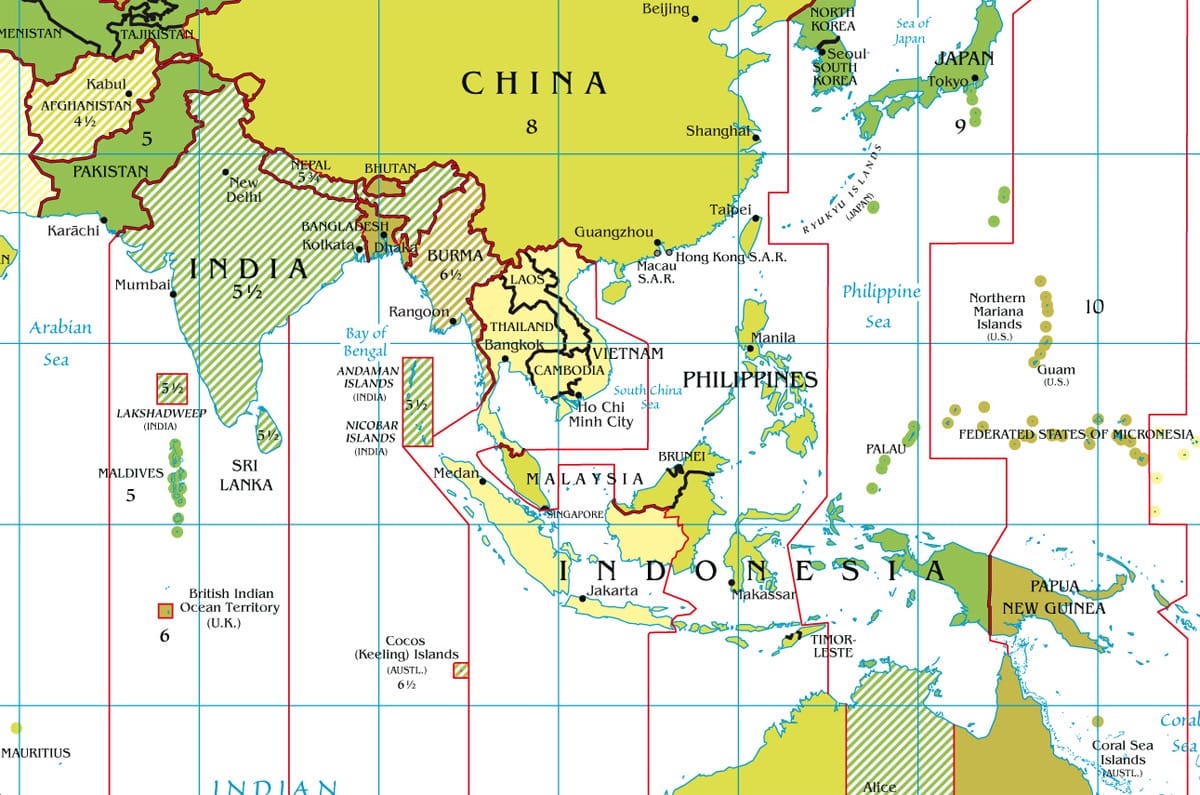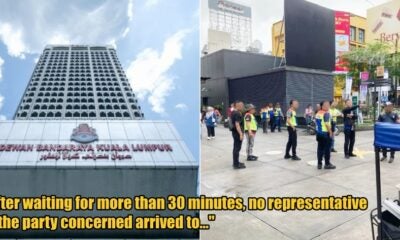If you ever travelled to Thailand from Malaysia, you’d notice that both countries have different timezones despite our close proximity, with Thailand using GMT+7 instead of the GMT+8 applicable in Malaysia.
Things get even more complicated when you consider that the western region of Indonesia, including the islands of Sumatra and Java both use GMT+7 like Thailand and that geographically based on longitude lines, only Peninsula Malaysia uses GMT+8 in the region.
PAS MP wants Malaysia to turn back the clock

Tumpat mp, dato’ mumtaz binti md nawi
With that in mind, the Member of Parliament (MP) for Tumpat, Dato’ Mumtaz Binti Md Nawi in the Dewan Rakyat today proposed for Malaysia to change its timezone to GMT+7 and asked the Ministry of Investment, Trade and Industry (MITI) whether they have any plans to do so.
The PAS MP added that the change should be considered due to our nation’s geographical location and the movement of the sun so that Malaysians can live their daily lives with the proper “body clock”.

MITI Deputy Minister elaborates on the history of the Malaysian Standard Time
Her question was then answered by MITI Deputy Minister Liew Chin Tong, who said that Malaysia won’t be changing its timezone as it would have a dire effect on our country.
Liew then elaborated on the history of why Malaysia adopted the GMT+8 timezone during his speech at the Dewan Rakyat.

The MITI Deputy Minister said that from 1945 until 1982, the standard time of Peninsula Malaysia was set to 7 1/2 hours ahead of Greenwich Mean Time (GMT).
Then, on 21 December 1981, the Dewan Rakyat was informed during the debate on the Malaysia Standard Time Bill debate that the time for the whole of our country would be moved to 8 hours ahead of GMT or GMT+8 beginning 1 January 1982.
Accordingly, at 11.30pm on 31 December 1981, the Peninsula Malaysia time was brought forward 30 minutes, making the timezone the same as with Sabah Sarawak.

The different timezones in asia
Liew further asserted that during the debate on the Malaysian Standard Time Bill on 21 December 1981, it was stated that the difference in timezone between Sabah and Sarawak with Peninsula Malaysia has brought many problems. These include the wasting of official communication time of offices for about 2 hours a day.
Furthermore, making the timezone of the whole of Malaysia the same despite East and West Malaysia being divided by the vast South China Sea was also touted as an initiative to further strengthen the ties of both regions.
The slight difference won’t make a difference on one’s body clock

Besides that, the MITI Deputy Minister said that GMT+8 was chosen because it is the perfect timezone for “daylight saving” and its impact on the comfort and daily routine of all Malaysians. Moreover, the standardisation was also in line with international practice.
Liew said that Singapore also followed in Malaysia’s footsteps despite its geographical location and that currently, the Malaysian Standard Time is GMT+8 based on the 120-degree east longitude line as per Act 675.
As for the Tumpat MP’s question about the time zone affecting one’s body clock, Liew elaborated that the slight difference won’t make any difference.
You can watch the video here:
Tidak ada keperluan untuk menukar waktu Semenanjung Malaysia kepada GMT7+, impak kepada ekonomi sangat besar – MITI @LiewChinTong #parlimenmalaysia pic.twitter.com/bOX5vXx1kd
— DAP Malaysia (@dapmalaysia) March 5, 2024
So, what do you guys think of the clarification by the MITI Deputy Minister on why Malaysia adopted GMT+8 timezone? Share your thoughts with us in the comments!
Also read: PAS MP Wants Asam Rom & Patin Tempoyak to be Recognised as Heritage Food Instead of Bak Kut Teh











































